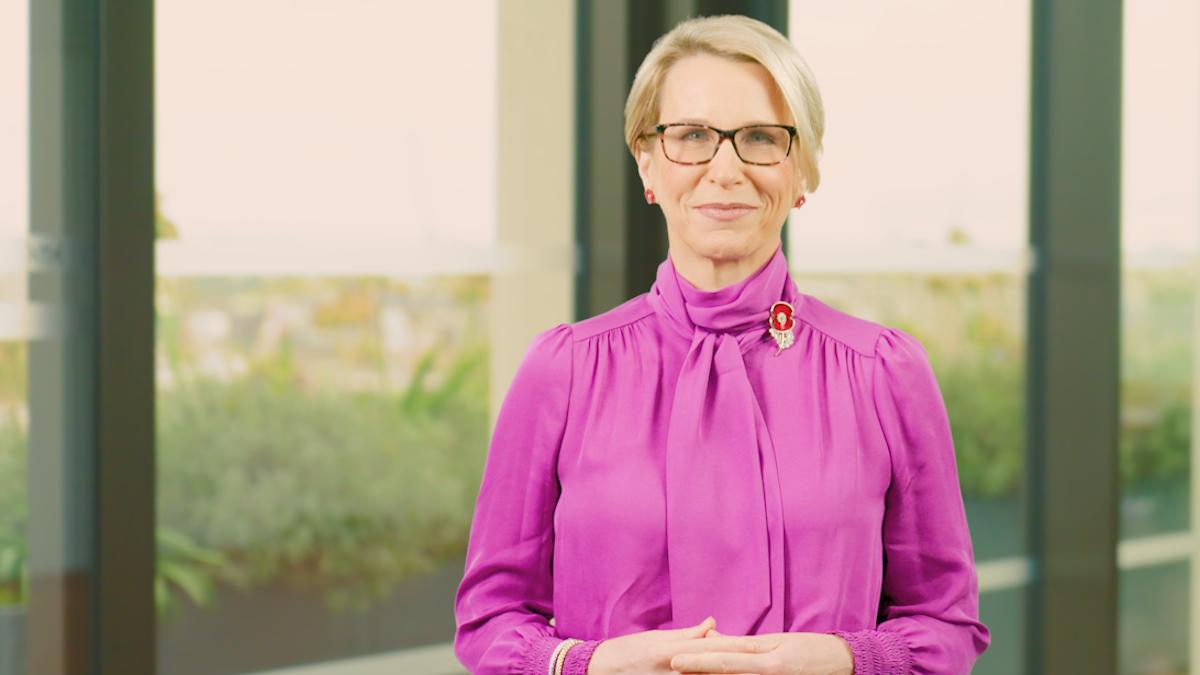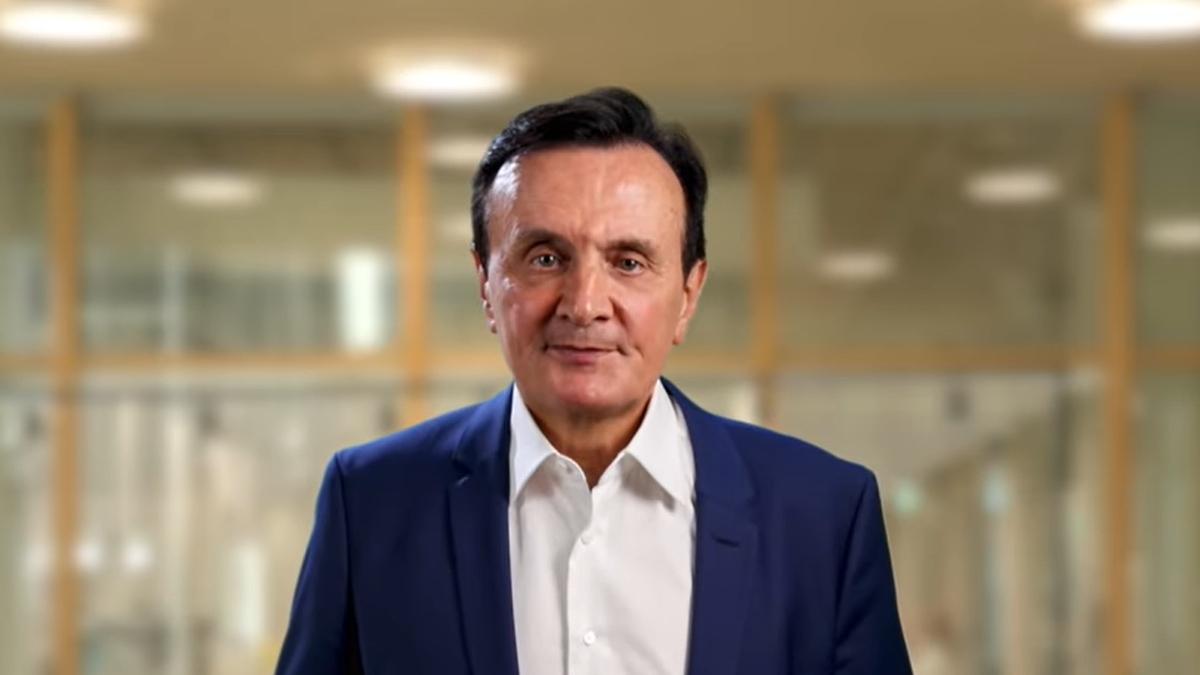Alarm bell rings for GSK as US policy dents RSV jab sales

GSK CEO Emma Walmsley
Sales of GSK's respiratory syncytial virus (RSV) vaccine Arexvy slumped 72% in the third quarter of this year, as narrower recommendations on its use in the US started to have an effect.
The fall in Arexvy turnover to £188 million ($245 million) from £432 million in the third quarter of 2023 follows the decision by the US Advisory Committee on Immunisation Practices (ACIP) to only recommend the shot for people in the 60 to 74 age bracket if they have conditions that raise the risk of RSV disease. Last year, the advice was that RSV vaccines should be considered for all adults aged 60 and over.
In a statement, GSK said that Arexvy's decline was exacerbated by the effects of launch stocking that occurred during the same period of 2023, as well as a prioritisation of COVID-19 vaccinations related to a resurgence of infection rates.
It's notable, however, that Arexvy's main rival in the RSV vaccine space – Pfizer's Abrysvo – held up much better in the third quarter, with sales slipping only around 5% to $356 million.
GSK is still claiming around two-thirds of the RSV vaccination share in the first nine months of the year in retail, "where the overwhelming majority of doses are administered," but the poor showing suggests Pfizer could be in the ascendency, even as additional competition from Moderna's recently-approved mResvia RSV shot kicks in.
Looking at its other vaccine products, GSK's top-selling shingles vaccine Shingrix also declined 7% to £732 million, with its flu vaccine franchise also weaker, with the falls offset partially by gains for its meningitis jabs Bexsero and Menveo, which rose 22% to £520 million.
Overall, vaccine sales were down 15%, and GSK cut its forecast for the division for the second time this year, saying it now expects low-single-digit percentage gains. It was previously forecasting a low to mid-single-digit increase.
A solid showing for HIV drugs sold by majority-owned ViiV Healthcare and speciality medicines, like cancer therapies Zejula (niraparib) and Jemperli (dostarlimab), helped GSK to post a 2% gain in overall revenues to just over $8 billion in the three-month period and allowed it to maintain its overall financial guidance for 2024.
GSK's chief executive, Emma Walmsley, accentuated the group's pipeline in comments on the results, pointing to "11 positive phase 3 trials reported so far this year and [...planned] launches for five major new product approval opportunities next year."
Those launches include resurgent multiple myeloma therapy Blenrep (belantamab mafodotin), asthma candidate depemokimab, Nucala (mepolizumab) for chronic obstructive pulmonary disorder (COPD), novel antibiotic gepotidacin, and new MenABCWY meningitis jab.
The day before the results announcement, GSK revealed that it had agreed to acquire an early clinical-stage CD19 and CD20-targeting T-cell engager candidate for lupus from Chimagen Biosciences for $300 million upfront, with another $550 million on the table in milestone payments.












